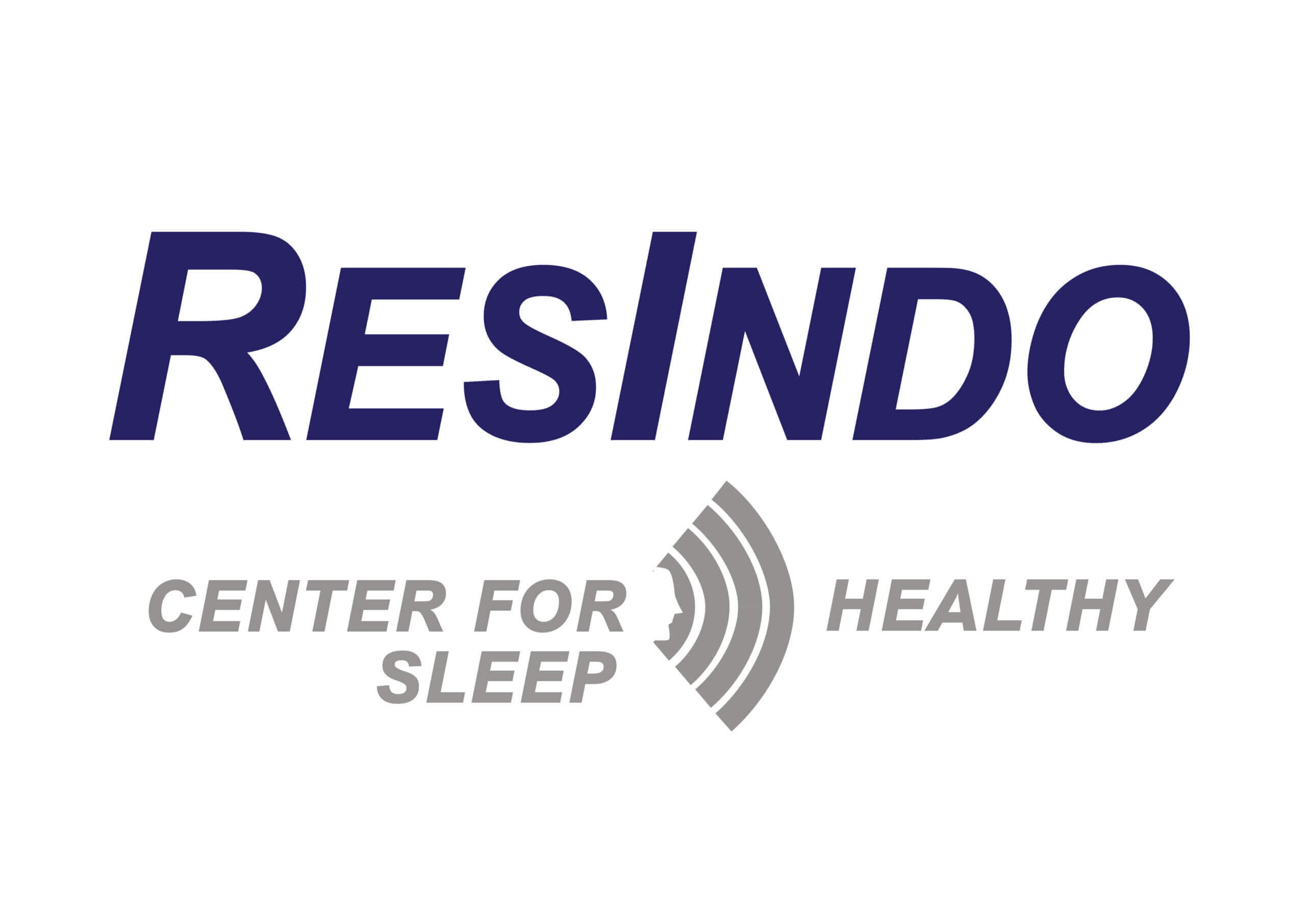Just about everyone has the occasional night when good sleep doesn’t happen. But you owe it to yourself to make your sleep as good as it can be, so you can feel and perform at your best.
Sleeping problems
Sleeping problems affect 30% of adults at one time or another.1 It can be brought on by worry, discomfort, illness, certain medications and medical conditions, an unsettled baby, sleeping in a new place, jet lag or disturbances due to noise (such as a snoring partner!).
There are measures you can take to help you get a better night’s sleep, but first you need to work out why your sleep is not as good as you’d like it to be.
Some people find that although they may have slept all night, they just don’t feel refreshed when they wake up — if this sounds like you, it can be a sign that something’s not right with the quality of your sleep.
So what is insomnia exactly? Insomnia is Latin for ‘no sleep’. It’s defined as an inability to fall asleep or stay asleep. Many people with insomnia also complain of not feeling refreshed when they wake up.1
Insomnia takes a variety of forms
Sleep maintenance insomnia
If you fall asleep without difficulty but wake during the night and can’t get back to sleep easily, you might have sleep maintenance insomnia.
Early wakening insomnia
Many people get into a habit of waking very early, feeling they haven’t had enough sleep. Early wakening insomnia is particularly common amongst middle-aged and older women.3
Chronic insomnia
If you’ve had insomnia symptoms for 3 or more nights a week for 3 months or more, you may have chronic insomnia.2 Long-term stress, poor sleep habits, pain and certain medical conditions can all cause chronic insomnia. Your doctor can help to diagnose the cause and recommend treatment options.
Acute insomnia
If you’ve had insomnia for less than 3 months, and you think you know what’s causing it, you may have ‘acute insomnia’.2 Things like stress, jet lag and shift work can all contribute to acute insomnia. Normally, once you’ve taken steps to address the underlying problem, your sleep should improve.
Co-morbid insomnia
When insomnia is associated with an existing medical condition, doctors call it ‘co-morbid insomnia’.3 Co-morbid insomnia can cause a medical condition or can be caused by a medical condition.
Sleep onset insomnia
Sleep onset insomnia occurs when you go to bed but have trouble falling asleep. It often occurs when your mind is still busy processing the day’s events and you haven’t been able to relax enough to fall asleep.4
Shift work sleep disorder
If you work rotating or night shifts you may be at risk of shift work sleep disorder.5 You may have excessive sleepiness and/or an inability to fall asleep at a time that suits your work schedule. Shift work sleep disorder may lead you to have trouble concentrating and getting enough good quality sleep. There are a number of techniques you can employ to enhance your sleeping environment and your body’s desire to sleep at the appropriate time:
- Because you have to sleep when others around you are awake, try and rearrange social events so that you can participate without giving up your sleep time. Unless you’re on a rotating shift, try to stick to the same bedtime and wake-up time every day.
- Ask other people in your family to consider your need for sleep. Turn off your phone and consider getting some earplugs or a white noise machine to help block out noise.
- Make sure your bedroom is dark and cool.
- Don’t drink coffee, caffeinated drinks or alcohol before going to bed. Avoid using sleeping pills or smoking.
- Can you arrange to sleep just before going to work? This could be better than sleeping earlier in the day. Otherwise, you could try and sneak in a nap before heading off to work.
- Can you take a break during your shift? If so, think about using it to grab a short 15-minute nap. If you nap any longer than this, you may have trouble waking up.
Citations
1. Source: https://www.sleepfoundation.org/articles/insomnia-and-sleep accessed 2 August 2019
2. Source: https://www.sleepfoundation.org/insomnia/what-insomnia/different-types-insomnia accessed 6 June 2019
3. Source: https://www.medscape.org/viewarticle/585753 accessed 6 June 2019.
4. Source: https://thesleepdoctor.com/2018/08/14/5-reasons-you-wake-up-too-early-and-what-you-can-do-about-it/ accessed 6 June 2019.
5. Source: https://www.sleephealthfoundation.org.au/shiftwork.html accessed 6 June 2019
[/et_pb_text][/et_pb_column][/et_pb_row][/et_pb_section]